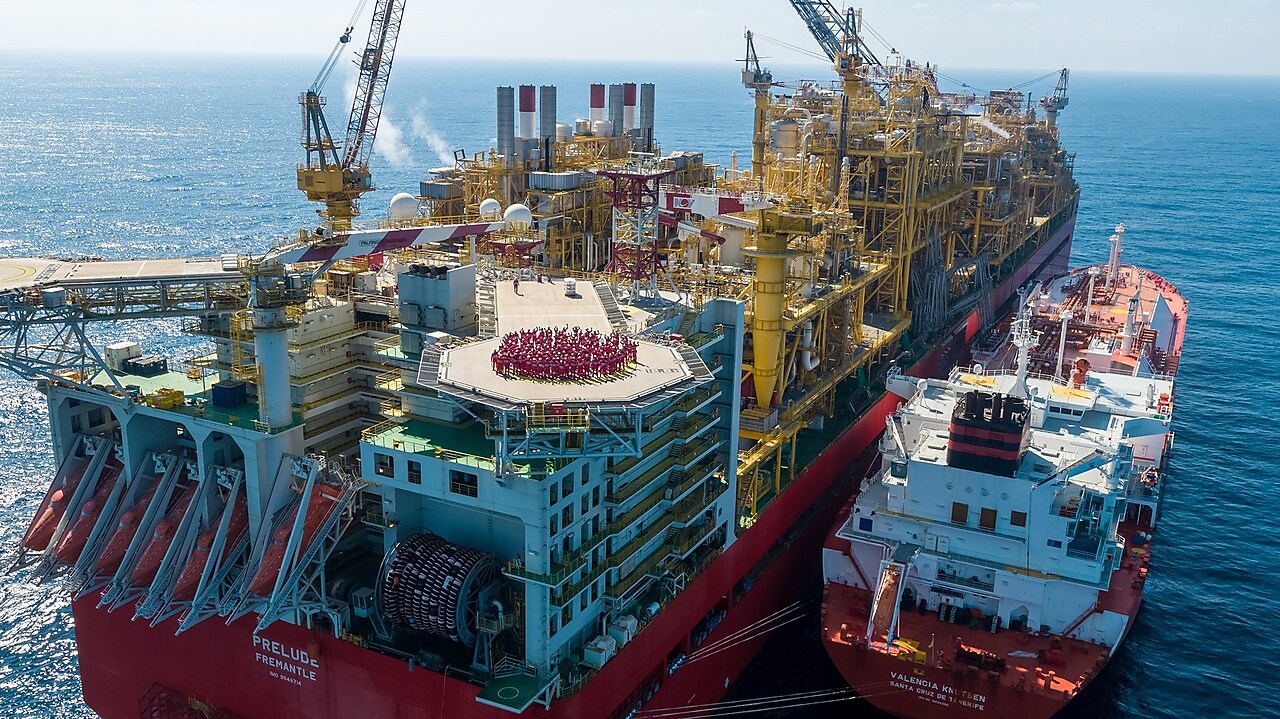LNG giant Shell said that loading of cargoes at its huge Prelude floating LNG unit offshore Western Australia would be impacted in the next two weeks due to an industrial action.
“Shell confirmed it had issued a notice to customers that cargoes would be impacted until at least mid-July due to the industrial action,” a Shell spokesperson told LNG Prime on Wednesday.
The spokesperson did not provide additional information.
This comes just months after the 3.6 mtpa floating LNG producer came back online again in April. Prior to that, Shell closed the unit after an incident in December.
It also comes at a time of very high LNG prices due to reduced flows of Russian gas in Europe and the Freeport LNG outage.
Talks over pay, work bans
Prelude FLNG workers voted in support of an enterprise agreement negotiations in November 2020. Talks have been ongoing since.
The enterprise bargaining process impacts about 200 offshore Prelude employees. This also represents the first collective agreement – these employees up to now have been on individual agreements, earning an average of A$250,000 ($172,000) per year, and in some cases, more.
In May 2022, union members on Prelude voted to take protected industrial action (PIA) on the Prelude FLNG facility.
Currently, the PIA runs from June 10 to July 14 and comprises of 29 specific work bans. These include a ban on restarting compressors or steam turbine generators in the event of a trip and a ban on generating or signing work permits for contractors.
Furthermore, from July 1, there are additional work bans that will come into effect until at least July 14. These bans include activities relating to facilitating the side by side mooring of LNG carriers, landing, departures and refueling of helicopters, and others.
Prelude shipped its first cargo in June 2019 after several start-up delays. The FLNG has the capacity to produce 3.6 mtpa of LNG, 1.3 mtpa of condensate, and 0.4 mtpa of LPG.
Shell operates the floating facility with a 67.5 percent stake. Japan’s Inpex holds a 17.5 percent stake, Korea’s Kogas 10 percent, and Taiwan’s CPC holds 5 percent.

